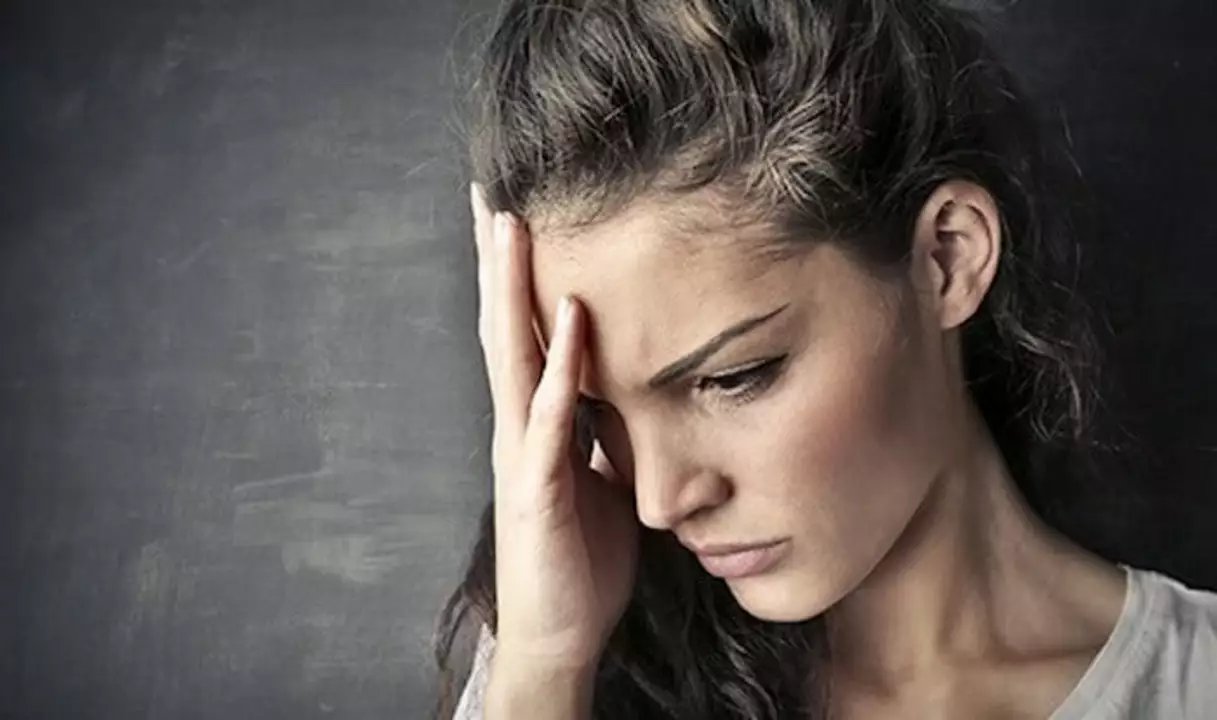Mental Health: Practical Help, Treatments, and Safe Medication Choices
One in five adults faces a mental health challenge each year. That statistic matters because it shows you’re not alone and there’s real help that works. This page collects clear, usable guidance so you can spot problems early, choose the right care, and avoid risky choices when it comes to medication.
Spot the signs and act fast
Feeling low, losing interest in things you used to enjoy, trouble sleeping, changes in appetite, or constant worry can point to depression or anxiety. If those feelings last more than two weeks or start to affect work, school, or relationships, make a plan: tell a friend or family member, book a doctor or therapist appointment, and write down the specific changes you’ve noticed. If you have thoughts of harming yourself, get emergency help right away—call local emergency services or a crisis hotline.
Doctors use short questionnaires and conversations, not guesswork. Bring notes to appointments. Mention physical symptoms too—fatigue, headaches, or digestive trouble can be tied to mental health.
Treatments that actually help
Therapy and medication are the two main routes—and often the best results come from combining them. Cognitive-behavioral therapy (CBT) and interpersonal therapy are proven for depression and anxiety. Medication options include SSRI and SNRI antidepressants, and there are alternatives if one drug doesn’t work or causes bad side effects. If you’re curious about options, read pieces like our guides on Venlafaxine alternatives and choosing the right antidepressant for practical comparisons.
Don’t ignore non-drug tools: regular sleep, consistent meals, daily movement, and cutting back on alcohol help a lot. Small routines—walks after lunch, 30 minutes of light exercise most days, or a fixed bedtime—change brain chemistry over weeks. Mindfulness, breathing exercises, and support groups add steady benefits for many people.
Shopping for medication online? Be cautious. Use licensed pharmacies, verify contact details, and avoid sites that sell controlled meds without a prescription. Our site has articles about safe online pharmacies and warnings on risky platforms—read those before ordering.
Medication side effects are common but often manageable. If new symptoms appear after starting a drug, call your prescriber before stopping. Tapering off certain antidepressants needs a plan; sudden stops can cause withdrawal-like symptoms.
Want quick steps you can take today? 1) Tell one trusted person how you feel. 2) Book an appointment with a healthcare provider. 3) Start a simple routine: sleep, move, eat. 4) Avoid mixing alcohol with meds. 5) Read reliable guides on treatment options before making choices.
Explore the Mental Health tag for focused reads—articles on depression and eating disorders, medication alternatives, and practical self-care strategies. Use them to ask better questions at your next appointment and to build a care plan that fits your life.
Major Depressive Disorder and Eating Disorders: The Hidden Link Most People Miss

Major depressive disorder (MDD) and eating disorders like anorexia, bulimia, and binge eating often show up together. It’s easy to miss the overlap, but ignoring it can make recovery tougher. This article digs into why these conditions connect, how they affect each other, and what signs to look for. You’ll also find practical tips for getting help. Understanding this tricky relationship can make a huge difference in managing both.
- April 27 2025
- Tony Newman
- 19 Comments
9 Alternatives to Venlafaxine: Finding the Right Fit for You

Exploring alternatives to Venlafaxine can be crucial for those seeking different treatment approaches for depression and associated conditions. This guide explores nine potential substitutes, each with unique benefits and challenges. From Bupropion's energetic boost to other intriguing options, understanding these alternatives will help readers make informed choices. Gain insights into their pros and cons and see how they compare.
- March 19 2025
- Tony Newman
- 13 Comments
Anastrozole and Mental Health: Coping with Anxiety and Depression During Treatment

As a breast cancer patient undergoing treatment with Anastrozole, I've noticed that managing anxiety and depression has become an essential part of my journey. It's important to acknowledge that these mental health challenges can arise as side effects of the medication. To cope with these feelings, I've found that maintaining open communication with my healthcare team and seeking professional help when needed has been crucial. Additionally, engaging in self-care practices, like exercise and mindfulness techniques, has significantly improved my mental well-being. Overall, recognizing and addressing the impact of Anastrozole on mental health is vital to ensure a more positive treatment experience.
- May 13 2023
- Tony Newman
- 17 Comments
